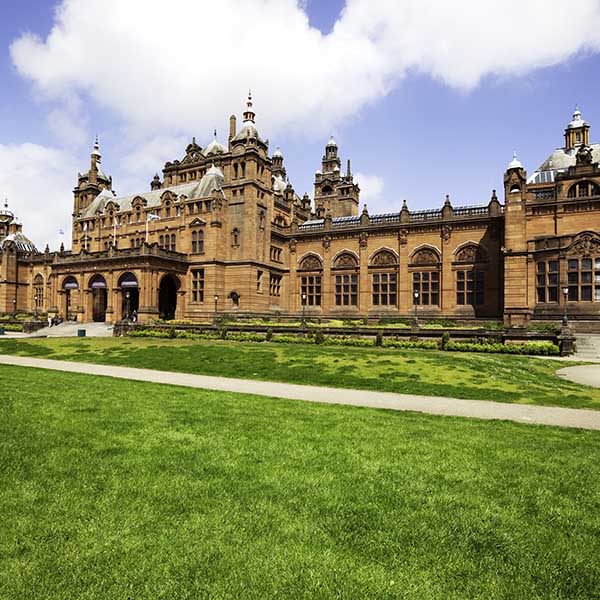Apply
Entry requirements
Normally, a first-class or upper second-class UK Honours degree, or overseas equivalent, in history or a related subject. For PhD applications, we also normally require a Masters degree, or overseas equivalent, in history or a related subject.
The application
During the application you'll be asked for the following:
- your full contact details
- transcripts and certificates of all degrees
- proof of English language proficiency if English isn’t your first language. For postgraduate studies, we require a minimum overall IELTS score of 6.5 or equivalent (no individual test score below 5.5, the test must be taken within two years of the programme start date)
- two references, one of which must be academic
- funding or scholarship information
- research proposal of 1,500-2,000 words in length, detailing the subject area and topic to be investigated
By filling these details out as fully as possible, you'll avoid any delay to your application being processed by the University.
Supervisors
You'll need to identify your research supervisor before you finalise your application, preferably as soon as possible. When you've identified a potential supervisor, based on how well your research interests match theirs, drop them an email to introduce yourself. In the email, make sure you attach a draft of your research proposal along with a copy of your CV.Don't worry about how rough your research proposal may be at this stage – you'll have help from staff in the Department of History to refine it.
If your chosen supervisor is available to work with you, they'll confirm this and nominate a potential second supervisor. As soon as a second supervisor is confirmed, an offer of study will be sent to you through Pegasus, our online application system.
If you accept our offer, you'll receive a full offer in writing via the email address you provide.
Accepting an offer
Once you've accepted our offer, we'll need you to fulfil any academic, administrative or financial conditions that we ask.
UK or EU students
If you're applying as a UK or EU student, you'll then be issued with your registration documentation.
MRes applications
Closing date for applications: Friday 24 April 2026
- Stage 1: applicants must apply online and have uploaded the required documentation, no later than Friday 24 April 2026 deadline. Late applications will not be accepted
- Stage 2: applicants who have been successful in the initial selection from Stage 1, will be called for interview by mid-May 2026










